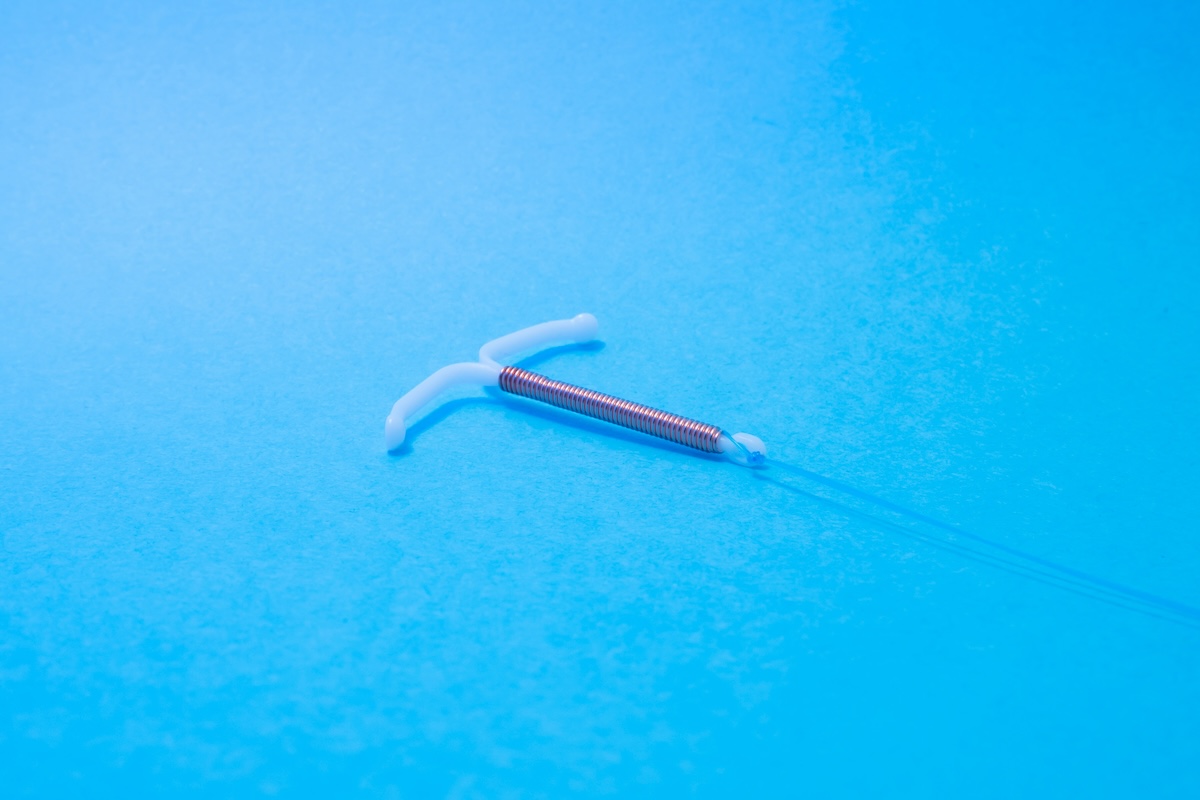How common is it to jump from regular periods to no periods without a time of irregular periods in the middle? I am 44 years old and have been on the birth control pill since shortly after giving birth to my son almost 6 years ago. I had regular periods like clockwork up until about 15 months ago when my period just stopped coming. In the past 15 months, I have had very light spotting a couple of times, but that is it (and the last time that happened was eight months ago with nothing at all since then). Everything I’ve read about perimenopause talks about experiencing a window of time with inconsistent periods in terms of flow or length, but mine really just went from regular to nothing all at once! Is there any cause for concern?
— Shannon
According to the Seattle Midlife Women’s Health Study, a small subset of women progress from having regular menses to menopause without experiencing perimenopause — that is a time of irregular menses.
However, from your question, I think you are experiencing something different. In particular, you mention that you have been taking birth control pills for the last six years. When women take birth control pills, the estrogen and progesterone in the pills signal the pituitary gland not to make follicle-stimulating hormone (FSH) and luteinizing hormone (LH). Those hormones are responsible for stimulating the ovary to mature and ovulate an egg. Birth control pills prevent ovulation, which is how they prevent pregnancy.

The estrogen in birth control pills will stimulate the uterus to build a lining, and when you take the sugar pills, your estrogen and progesterone levels drop, leading that lining to shed. But this is not a “real period” in that it is not bleeding in response to an ovulatory cycle. In medical terms, we call this a withdrawal bleeding — uterine bleeding in response to the withdrawal of estrogen and especially progesterone.
It is common for women to note that their withdrawal bleeding while taking birth control pills is lighter than their typical period. Over time, particularly with modern ultra-low-dose birth control pills, withdrawal bleeding can become lighter and lighter. With birth control pills like Lo Loestrin, which contain the lowest dose of estrogen of any combination birth control pill, it is common for women to stop having withdrawal bleeds altogether. This can happen at any age, is not indicative of menopause or indeed any other problem, but rather is an effect of the birth control pill itself. In fact, as long as you are on a birth control pill, we cannot determine whether you are in the perimenopausal transition at all. And that is okay.
Most women can safely take their combined birth control pills until their early 50s and then transition straight to hormone replacement therapy if desired with no ill effects.
The upshot: Some women do progress straight from having a regular period to menopause. However, not having a withdrawal bleed while taking combination birth control pills is not an indication of menopause and can occur at any age.
Community Guidelines




















Log in